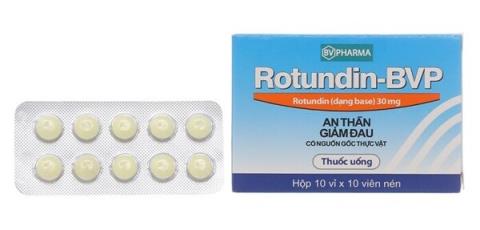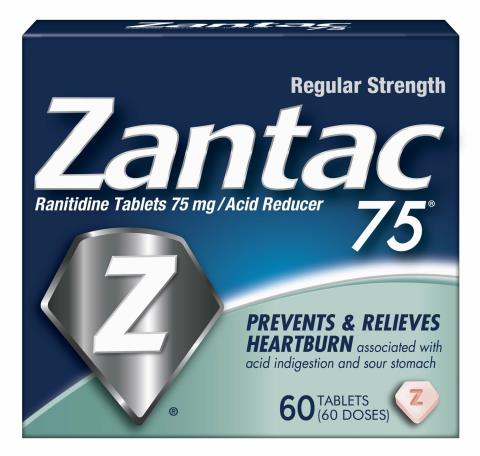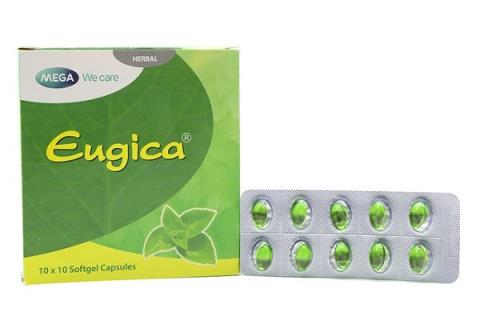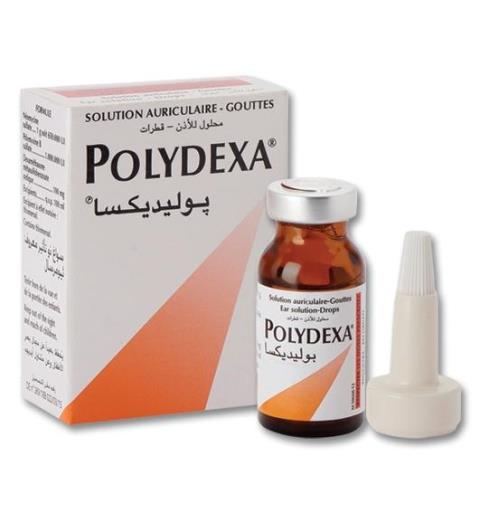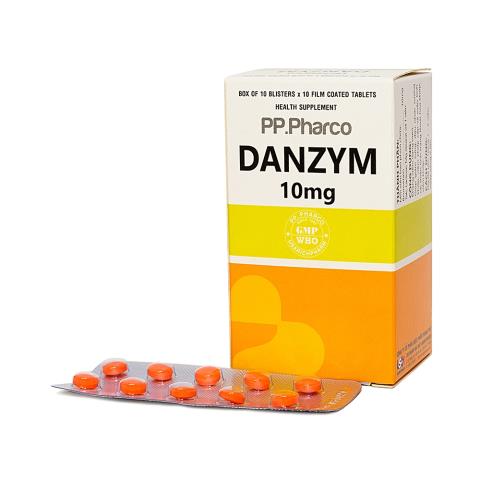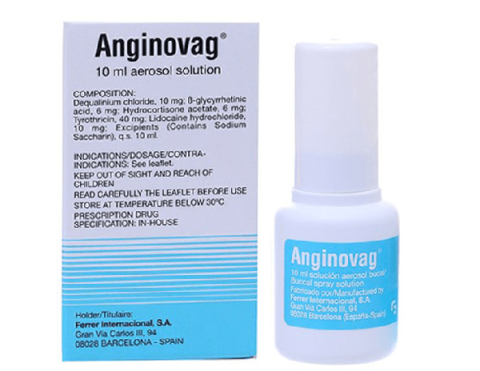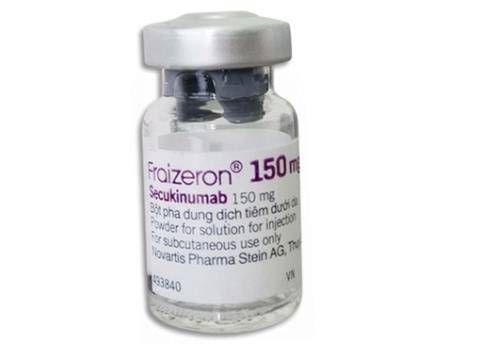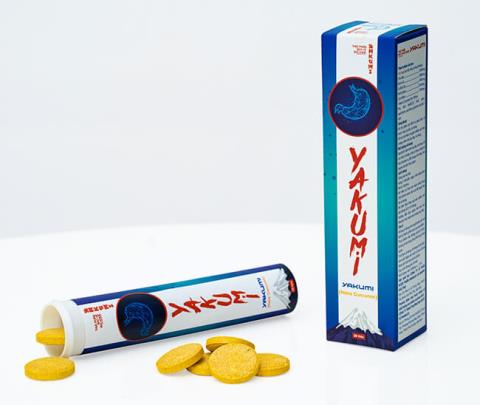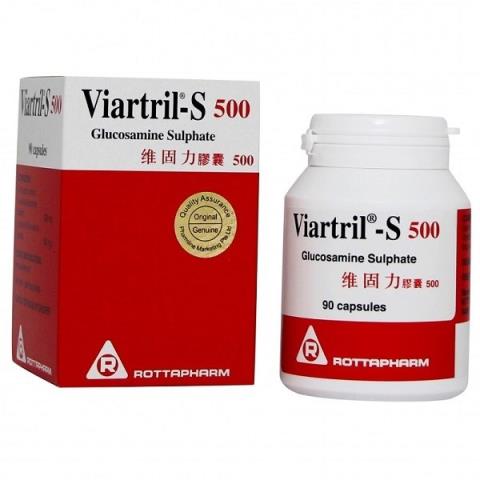What is Zantac (ranitidine)? How to use the drug to achieve the effect? What should be kept in mind when taking the drug? Let's analyze the article with SignsSymptomsList below to understand more about Zantac (ranitidine)!
Active ingredient: ranitidine.
Similar ingredient names: Arnetine; Axotac-300; Cinitidine; Curan; Dudine; Emodum; Kantacid; Lanithina; Mactidine; Maxnocin; Moktin; Ran fac; Ranistin; Uraltine; Wonramidine;..
content
1. What is Zantac (ranitidine)?
Zantac contains the active ingredient ranitidine. This is a drug that helps reduce acid secretion in the stomach thanks to a mechanism of action that competes with histamine, preventing histamine from attaching to the receptor to respond to acid production.
2. Indications for the use of Zantac (ranitidine)
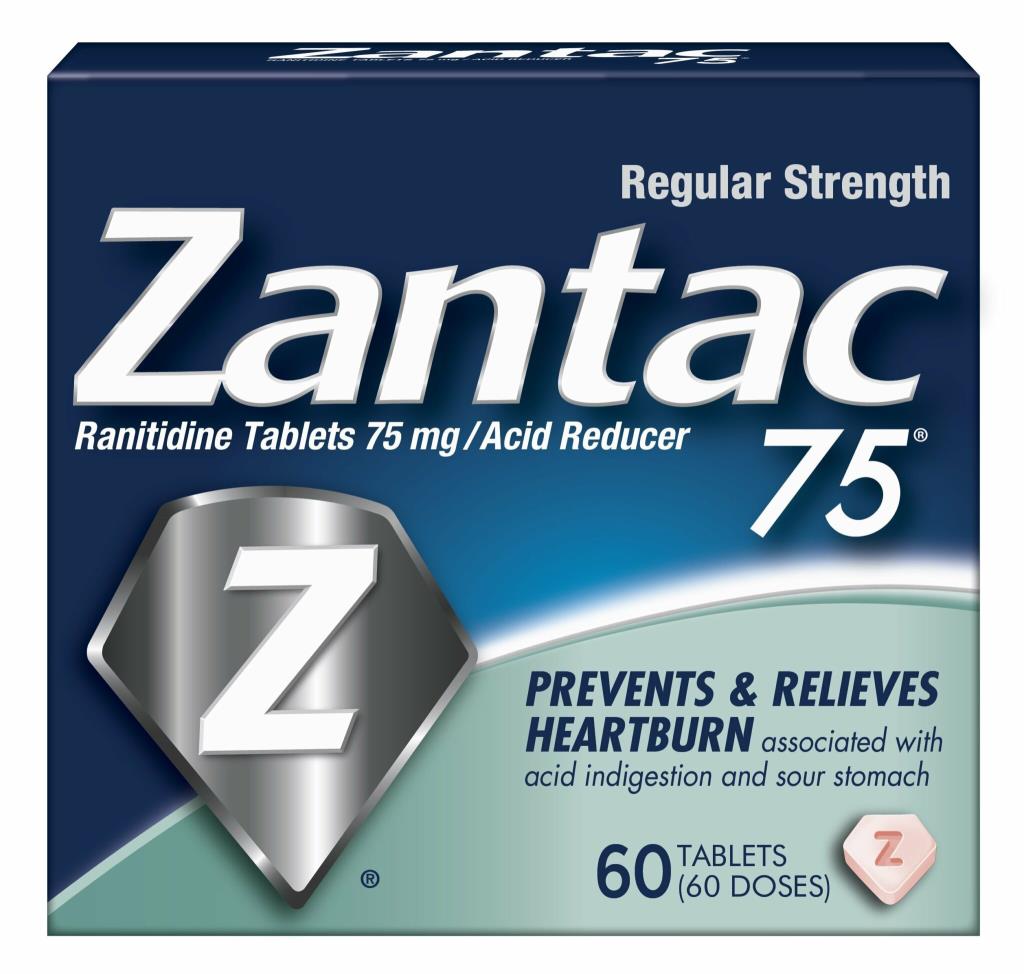
- Undigested
- Peptic ulcer
- Ulcers in the upper gastrointestinal tract due to stress
- Treatment of gastroesophageal reflux disease
- Preventing the risk of acid aspiration while the patient is under anesthesia
- Zollinger-Ellison syndrome (tumors that produce too much acid that cause stomach ulcers)
You should not take the drug if you are hypersensitive to ranitidine or any of its ingredients.
3. Instructions for taking Zantac (ranitidine)
3.1. How to use
- Take medication by mouth.
- Remember to chew the medicine with a little water.
3.2. Dosage
- Adults (including the elderly)
+ 150 mg in the morning and 150 mg in the evening
+ OR 300 mg at bedtime.
+ Children > 30 kg in weight and in the age group 3-11: calculated dose based on the above indicators (weight).
- Stomach or duodenal (small intestine) ulcer
+ Usually 2 mg/kg x 2 times/day x 4 weeks.
+ Can be increased to 4 mg/kg x 2 times/day. Each dose is spaced 12 hours apart and treatment can be up to 8 weeks.
- Heartburn caused by too much acid
+ The usual dose is 2.5 mg/kg body weight x 2 times/day x 2 weeks.
The dose may be increased to 5 mg/kg twice a day.
4. Zantac (ranitidine) side effects
- Pancreatitis
- Diarrhea
- Increase liver enzymes
- Erythema multiforme
- Eye accommodation disorder
- Itching and pain at the injection site
- Hepatitis, sometimes with jaundice
- Headache, dizziness, weakness
- Leukopenia, thrombocytopenia
- Occurrence of enlarged breasts in men
- Agranulocytosis, total platelet count, including bone marrow hypoplasia.
- Hypersensitivity reactions such as urticaria, bronchospasm, fever, anaphylaxis, angioedema, myalgia, arthralgia have been reported.
5. Drug interactions with Zantac (ranitidine)

- Alcohol
- Saquinavir
- Smoke
- Ketoconazole, itraconazole
- Atazanavir, cefpodoxime, cefuroxime, fosamprenavir, indinavir, iron salts, mesalamin, nelfinavir
6. Notes when using Zantac (ranitidine)
- Use with caution and reduce dose in patients with renal impairment.
- Use with caution in patients with hepatic impairment because the drug is metabolised in the liver.
- Note that long-term Zantac treatment can cause vitamin B12 deficiency.
- Avoid use in patients with a history of acute porphyria.
- In the elderly and in patients with renal impairment, STOP Zantac treatment if confusion occurs.
- When peptic ulcer is present, the possibility of cancer should be excluded before treatment because histamine H2-receptor antagonists may mask the symptoms of gastric cancer. Thus, making the diagnosis of the disease become slower.
7. For pregnant and lactating women
7.1. Pregnant women
Several animal studies have not revealed a teratogenic effect of the drug. In addition, in clinical practice, there were reports indicating the use of the drug in some cases of pregnancy but did not detect any toxic or malformative effects on the fetus.
However, more studies are needed to assess the safety and effectiveness of the drug when exposed to the drug. You need to carefully weigh the benefits and risks for the patient before deciding whether to take the drug or not.
7.2. Breastfeeding Women
- Ranitidine is excreted in breast milk.
- Due to measurement, use with caution during lactation.
8. Treatment of overdose Zantac
In some cases, taking up to 18 g of ranitidine only had temporary unwanted side effects as common in clinical practice. In addition, hypotension and gait abnormalities have also been reported.
Therefore, in case of overdose, measures can be taken to remove the unabsorbed drug from the gastrointestinal tract, clinical monitoring and supportive treatment. In addition, hemodialysis can accelerate the elimination of ranitidine.
9. Dealing with missed doses of Zantac (ranitidine)
- If you miss a dose, take it as soon as you remember
- Do not take a double dose to make up for a missed dose
- If it is almost time for your next dose, skip the missed dose and take it at your usual schedule.
10. How to store medicine
- Avoid storing the medicine in a humid place such as a bathroom.
- Keep medicine out of reach of children and pets
- Store in a dry place at 15-30°C. Avoid direct light
- Do not use expired drugs and know how to handle these drugs before releasing them into the environment
Zantac is a brand-name drug containing ranitidine that is used in cases of stomach ulcers, gastroesophageal reflux, heartburn or indigestion... However, the drug can cause many side effects such as headache, dizziness, diarrhea, etc. Therefore, if these symptoms become severe or the condition worsens or both occur, call your doctor immediately for advice and support.
Pharmacist Nguyen Ngoc Cam Tien
